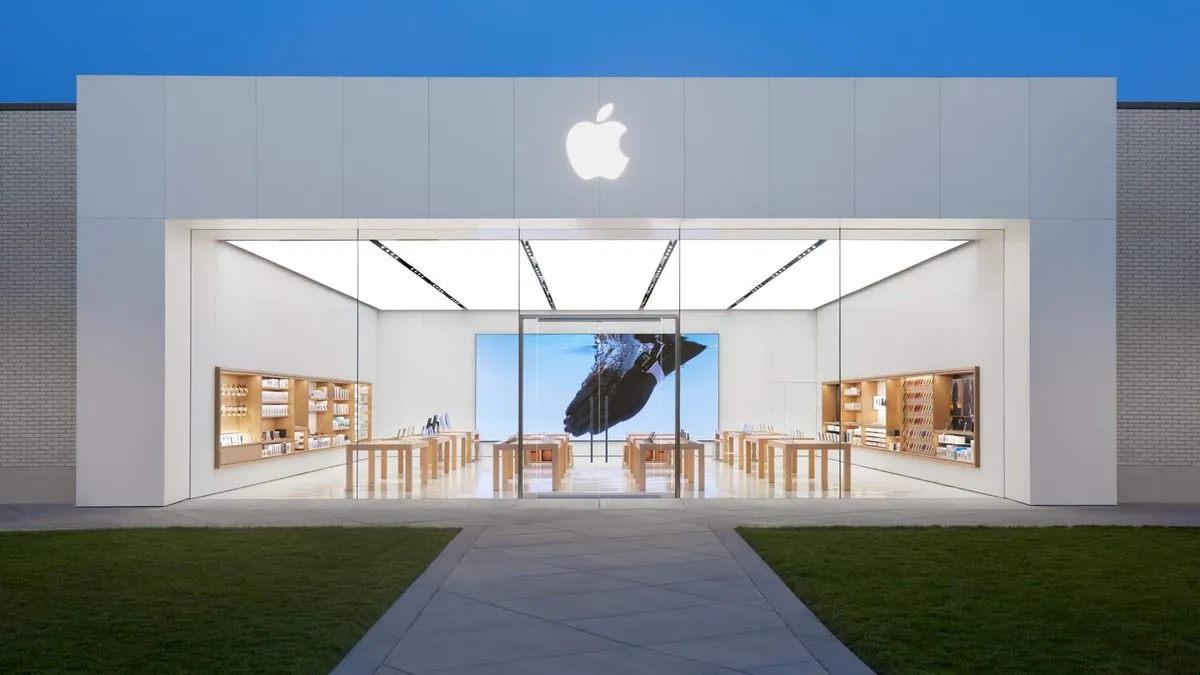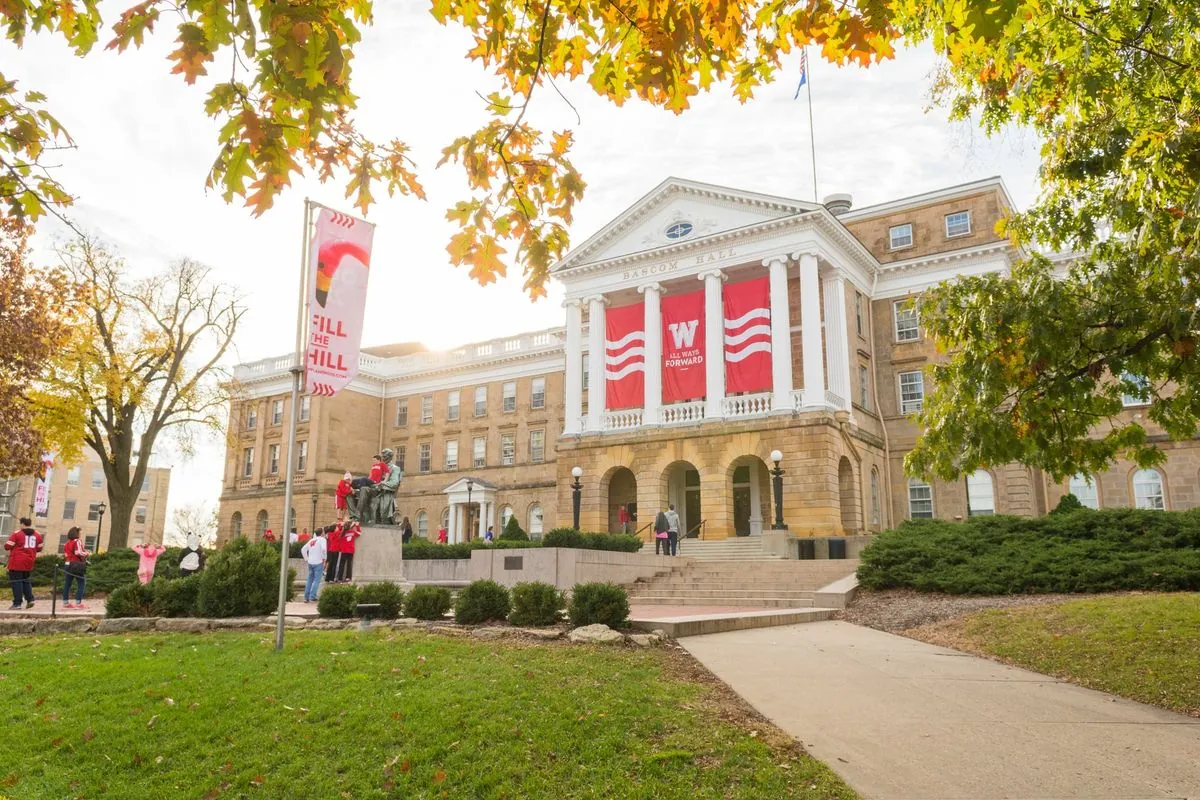U.S. Court Denies University of Wisconsin New Trial in Apple Patent Case
A U.S. appeals court rejected the University of Wisconsin's request for a new trial against Apple in a long-standing patent dispute over processor technology, upholding a previous ruling that nullified a $506 million award.

On August 28, 2024, the U.S. Court of Appeals for the Federal Circuit upheld a decision denying the University of Wisconsin a new trial in its patent dispute with Apple Inc. This ruling marks the latest development in a protracted legal battle that began a decade ago.
The case, initiated by the Wisconsin Alumni Research Foundation (WARF) in 2014, alleged that Apple's chips in iPhones and iPads infringed on the university's patent for improving processor performance. WARF, established in 1925 to manage the university's intellectual property, has a history of patent disputes with major tech companies.
Initially, the university seemed victorious when a Wisconsin jury awarded $234 million in damages in 2015. U.S. District Judge William Conley subsequently increased this amount to over $506 million in 2017. However, the landscape shifted dramatically in 2018 when the Federal Circuit overturned the jury's patent infringement decision.
Following this reversal, WARF sought a new trial in 2019, attempting to introduce a new infringement theory. Judge Conley rejected this request in 2022, a decision now affirmed by the Federal Circuit. The court reasoned that the university should have presented this theory during the original trial, emphasizing the importance of timely presentation of all relevant arguments in patent cases.

The University of Wisconsin-Madison, a public land-grant research university founded in 1848, has been at the forefront of technological innovation. This case highlights the complex intersection of academic research and commercial technology development. Apple, founded in 1976 and now one of the world's most valuable companies, has been using its A-series chips in iPhones and iPads since 2010, revolutionizing mobile computing.
Patent infringement cases, particularly those involving cutting-edge technology, can be extraordinarily complex and time-consuming. The U.S. patent system, established in 1790, continues to evolve to address challenges in the rapidly advancing tech sector. This case, spanning a decade, exemplifies the intricate nature of intellectual property disputes in the digital age.
The Federal Circuit, established in 1982 with nationwide jurisdiction in specialized cases including patent law, plays a crucial role in shaping the landscape of technological innovation and intellectual property rights in the United States.
As this chapter closes on the University of Wisconsin's legal pursuit against Apple, it serves as a reminder of the high stakes and complex legal maneuvering involved in patent disputes between academic institutions and tech giants. The outcome underscores the importance of comprehensive initial legal strategies in patent infringement cases, as opportunities to introduce new theories may be limited in subsequent proceedings.


































